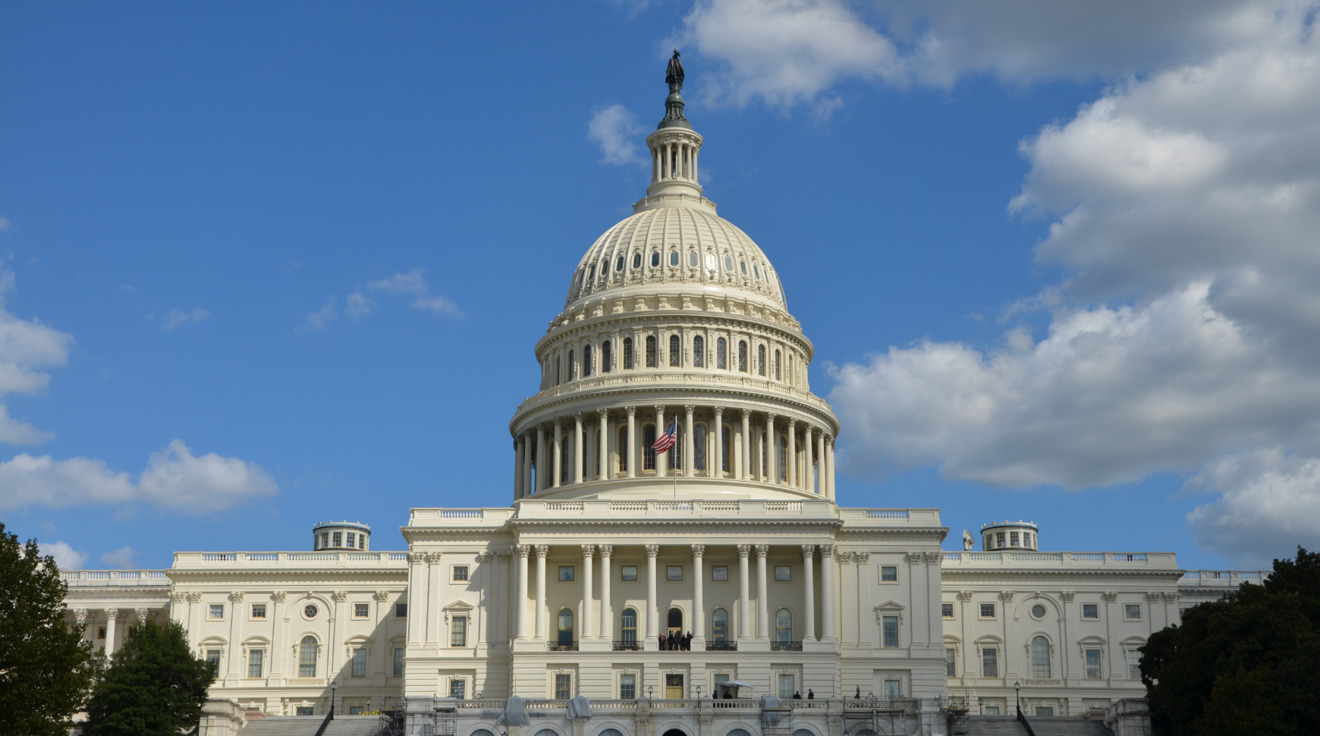New antitrust legislation targets Apple, other tech giants
A new bill being proposed will give the US government greater power to prevent mergers, and potentially penalize companies like Apple for antitrust practices at up to 30% of the income generated from the actions.
Apple, Facebook, and Google have been the target of the Senate Judiciary antitrust subcommittee in recent antitrust investigations. They all make the claim that their businesses are lawful and not monopolies, but the government is fighting back.
Now that the Democratic party has majority control of the House and Senate new bills will be introduced to combat antitrust cases. One new bill introduced by Senator Amy Klobuchar will give the government more power to penalize anti-competitive practices and prevent unlawful mergers.
According to Protocol the "Competition and Antitrust Law Enforcement Reform Act of 2021" offers sweeping reforms to antitrust laws, but are not as extreme as some have expected. Other legislators have called for a breakup of Facebook or other extreme action.
Klobuchar's bill would make it harder for powerful firms with substantial market power to acquire smaller companies and forbid mergers that present "appreciable risk of harming competition." It would place the burden of proof on the large companies, making them show that the acquisition won't disrupt the market.
The bill will also give legislators more power to penalize companies that do not follow antitrust law. Right now penalties range in the millions of dollars, pocket change for large companies like Facebook or Apple. The proposal suggests that US companies pay 15% of US revenue or 30% of their US revenue in an affected market upon proof of violation.
The legislation could also affect Apple's App Store. It calls for aggressive action against "monopsonies" which are markets dominated by a single buyer. This type of legislation could prevent platform holders from doing business on their own platform.
While the Democratic Party has the majority, it is only slight. The bill will need Republican support in order to make such sweeping changes, and Republicans do not want to break up large businesses in the same way.
 Wesley Hilliard
Wesley Hilliard











 Chip Loder
Chip Loder
 Andrew Orr
Andrew Orr
 Christine McKee
Christine McKee
 Marko Zivkovic
Marko Zivkovic

 Mike Wuerthele
Mike Wuerthele
 William Gallagher
William Gallagher








